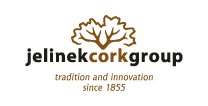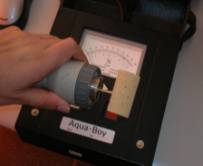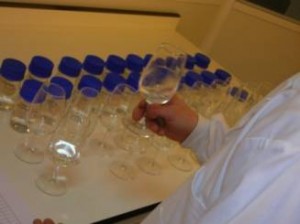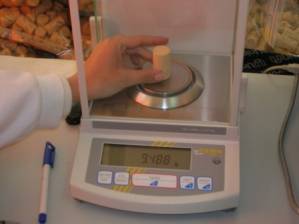In addition to the Jelinek Quality Assurance Manual which is applicable to all products and services provided by Jelinek, Jelinek Cork Group follows additional product specific assurances and controls to meet or surpass the requirements of each particular industry.
Specifications and Standards Manual for Cork Closures and Stoppers
This Manual is to be read and implemented along with the Jelinek Quality Assurance Manual . Parts or all of this Manual may be made available to Jelinek customers upon request and if deemed appropriate and relevant to do so by Jelinek.
The OBJECTIVE remains the same – to provide closures and stoppers which meet or exceed customers’ requirements and specifications.
Jelinek Cork recognizes the need to understand the use of cork as a closure. Cork is unique in that it is a natural product. It is impossible to supply cork closures where each and every closure and stopper is identical in quality and character. The implementation of quality control specifications and standards must recognize these natural differences. The primary purpose of a cork closure is its unique characteristic of sealing bottles and containers from within allowing cork to expand and compensate for “C” dimension discrepancies of the glass bottle necks.
Testing Ranges
Different corks and stoppers require different tests and procedures. Certain tests must be run on wine corks, others on bar-top or T-top corks, and yet others on champagne corks, tapered corks, specialty stoppers and decanter corks. Besides the type of cork, the final use of the cork is critical in determining the correct test requirements.
Laboratory
Jelinek Cork Group utilizes their own internal laboratories at various locations as well as independent external laboratories located at production sources, primarily in Portugal.
This laboratory testing and analyses follows a strict set of international standards and norms (ISO, NP, CTCOR), quality control guidelines and procedures. Testing is performed in sequence (from raw material to finished stopper):
Raw material (cork bark) testing to ensure correct stability and curing, proper boiling, moisture, thickness, and grade classification free of any contaminants. This includes testing for presence of Trichloroanisole (TCA).
Testing during various production stages to ensure conformity to standards and specifications.
Sampling and inspection of cork stoppers during and after sorting corks into specified qualities.
Testing corks after specified surface treatments and sterilizing is completed to ensure no presence of contaminants, including TCA.
Inspecting the correct printing or fire branding of corks.
Final inspection of corks prior to shipment to Jelinek distribution facilities, including packing, labeling, marking, and pallet load.
Ensuring correct and proper storage at Jelinek facilities.
Testing stoppers (moisture, surface treatments, qualities, sizes, etc)
Once again at Jelinek internal laboratories prior to shipment to customers.



